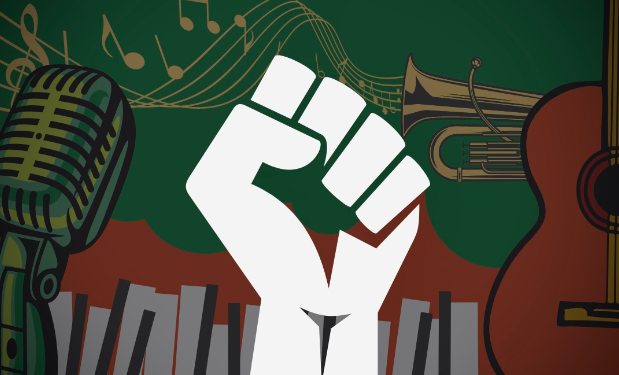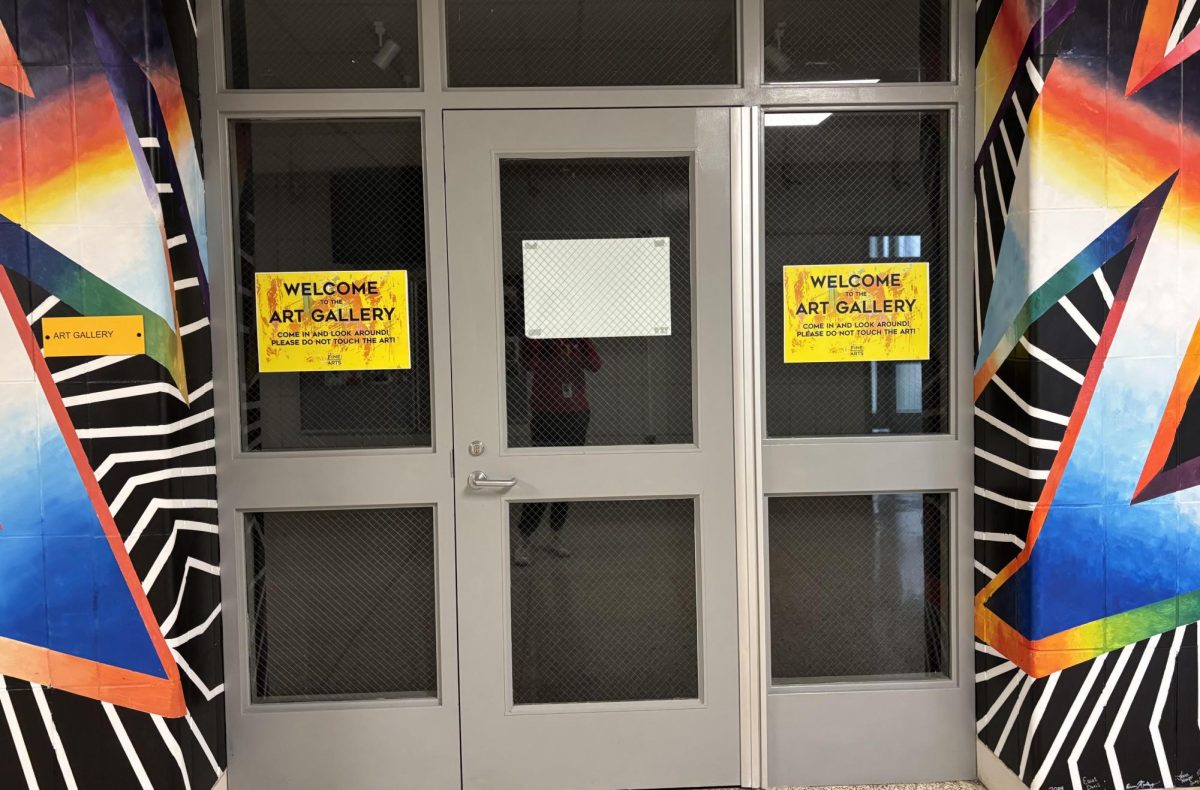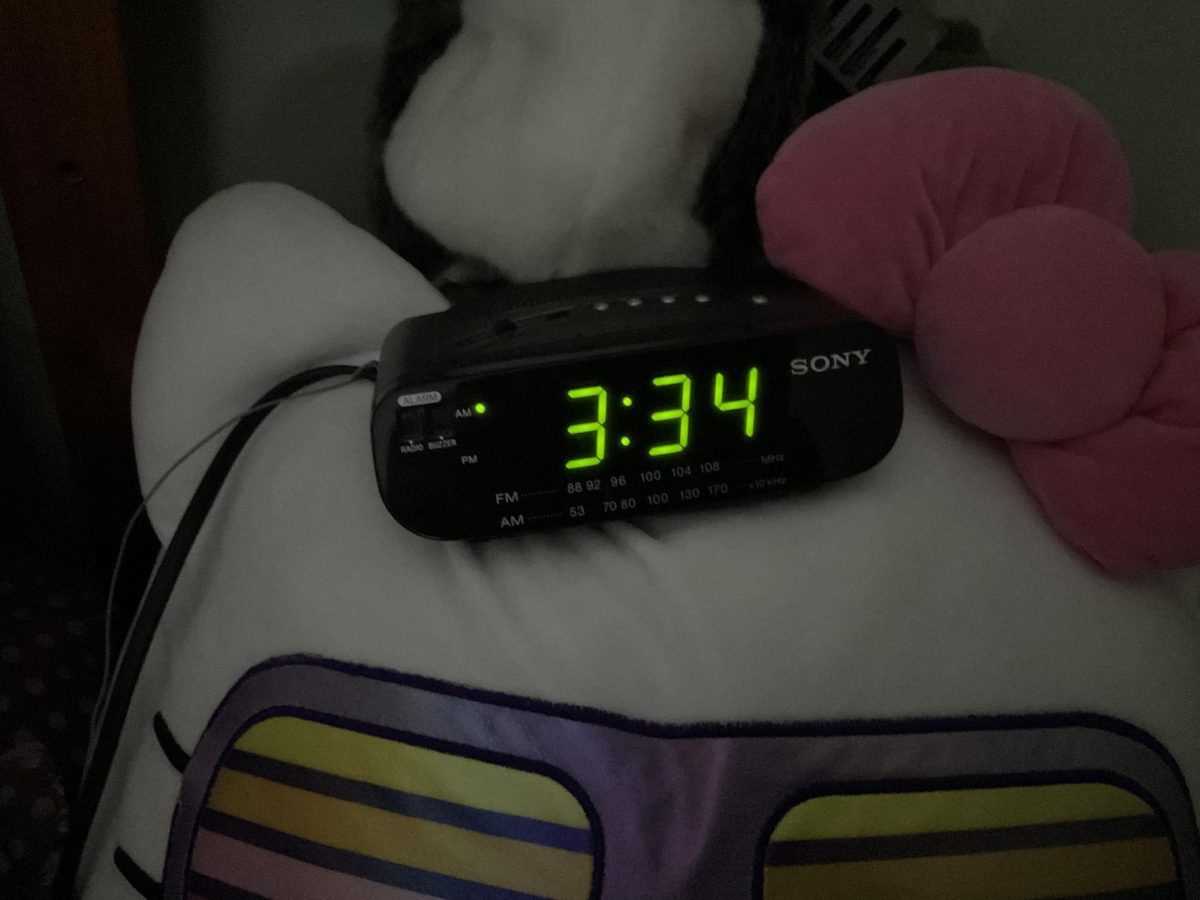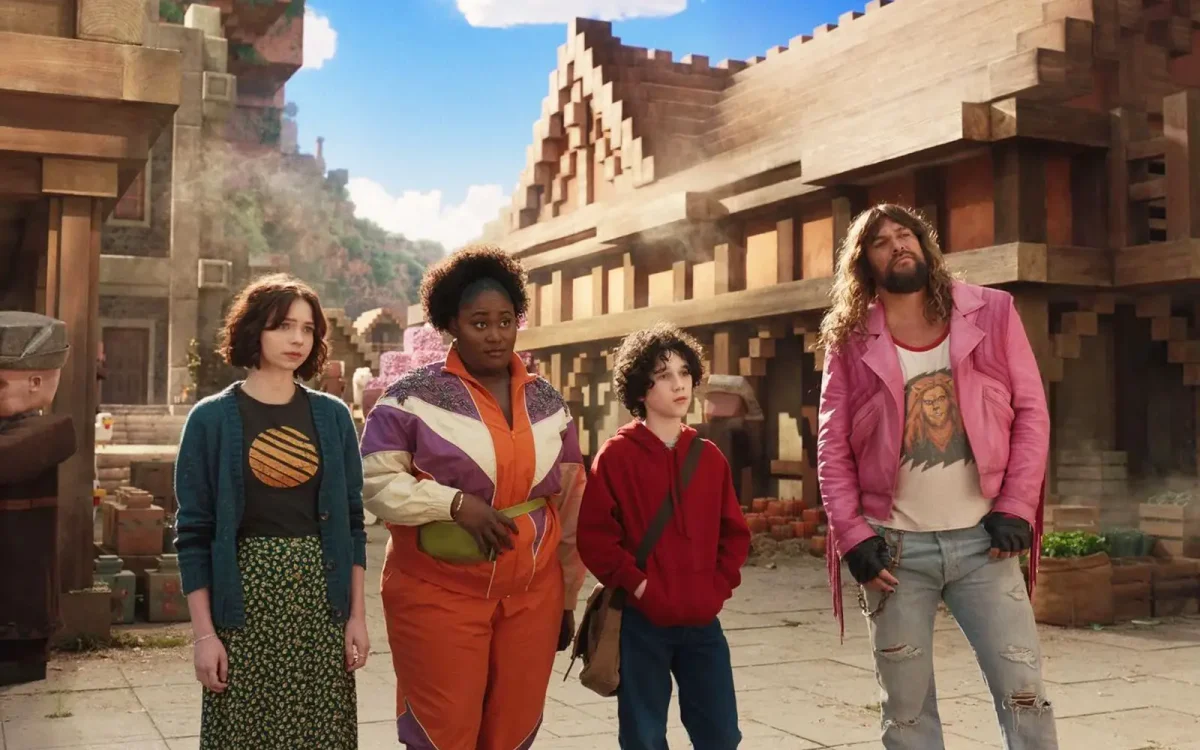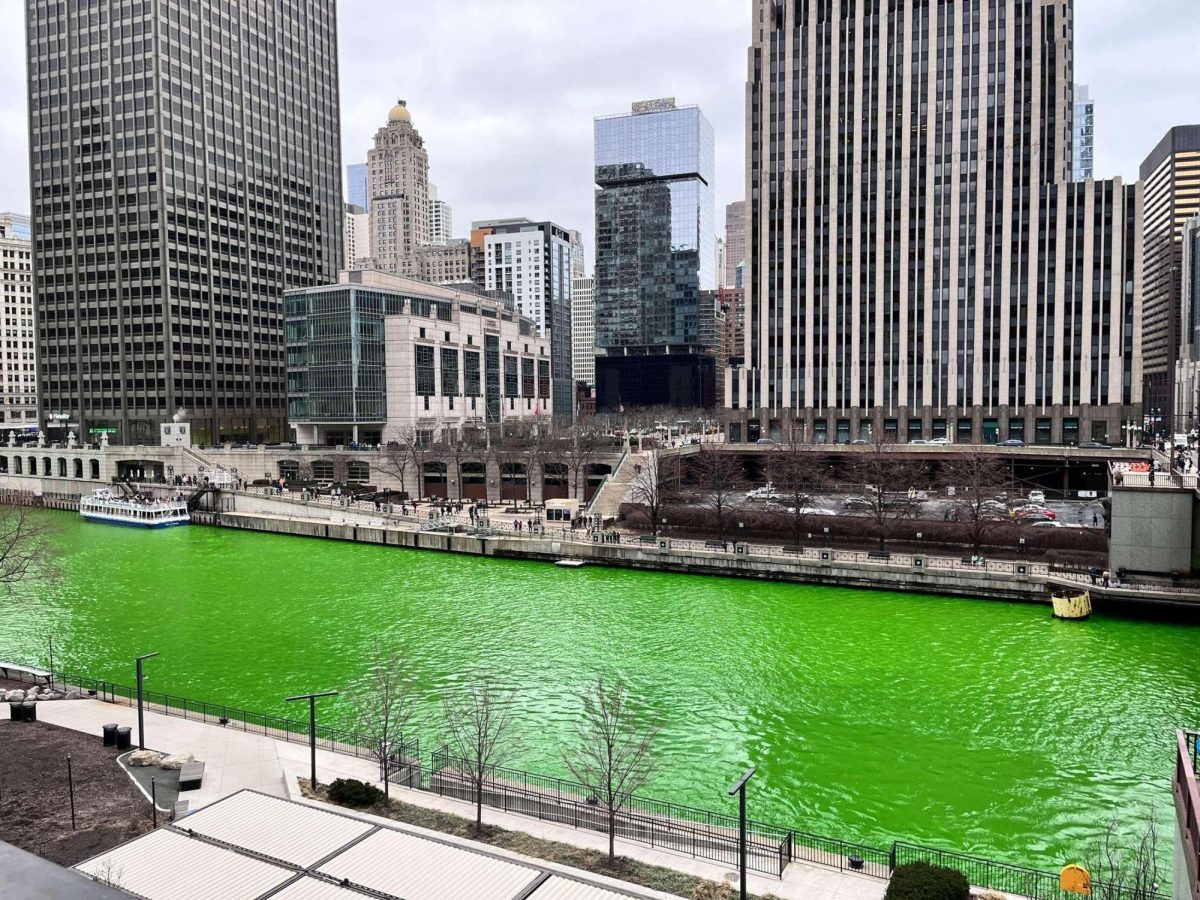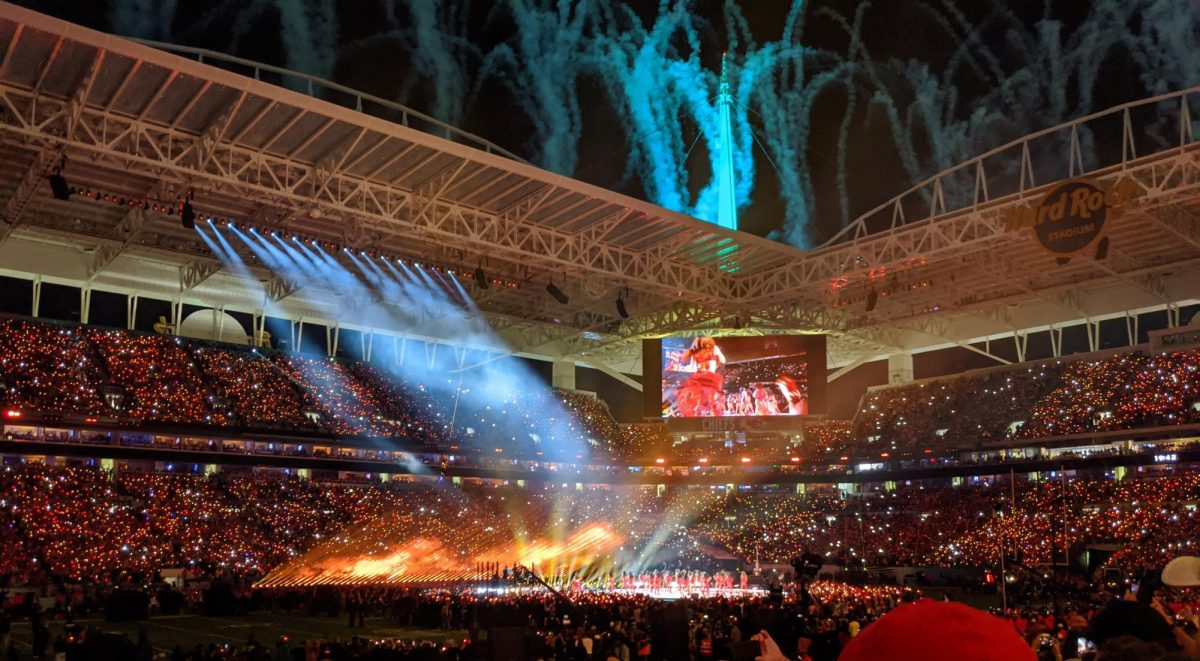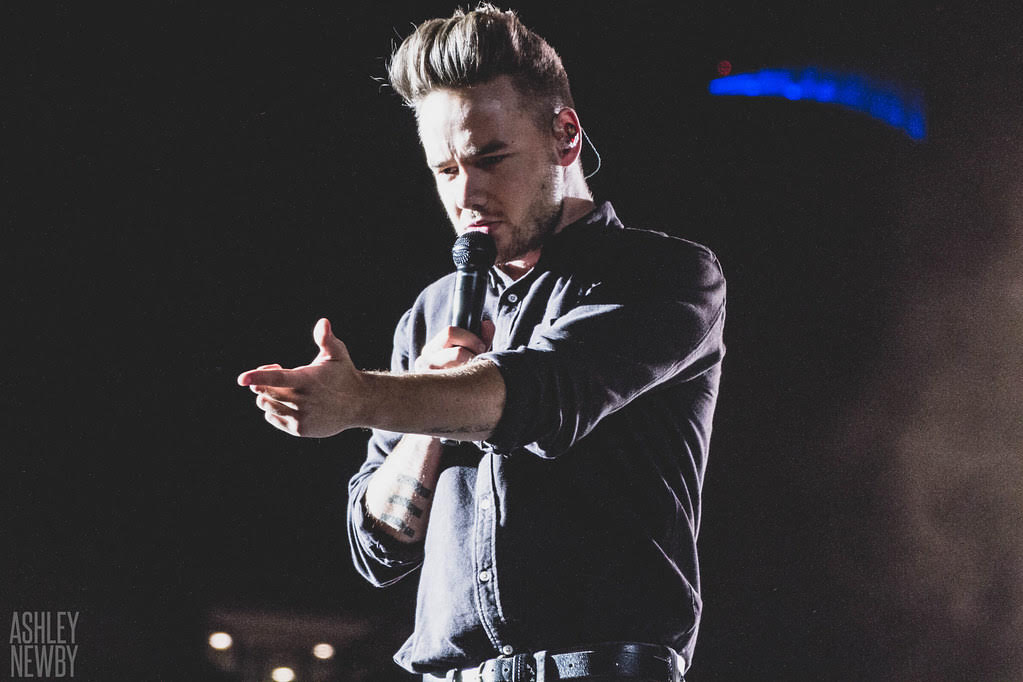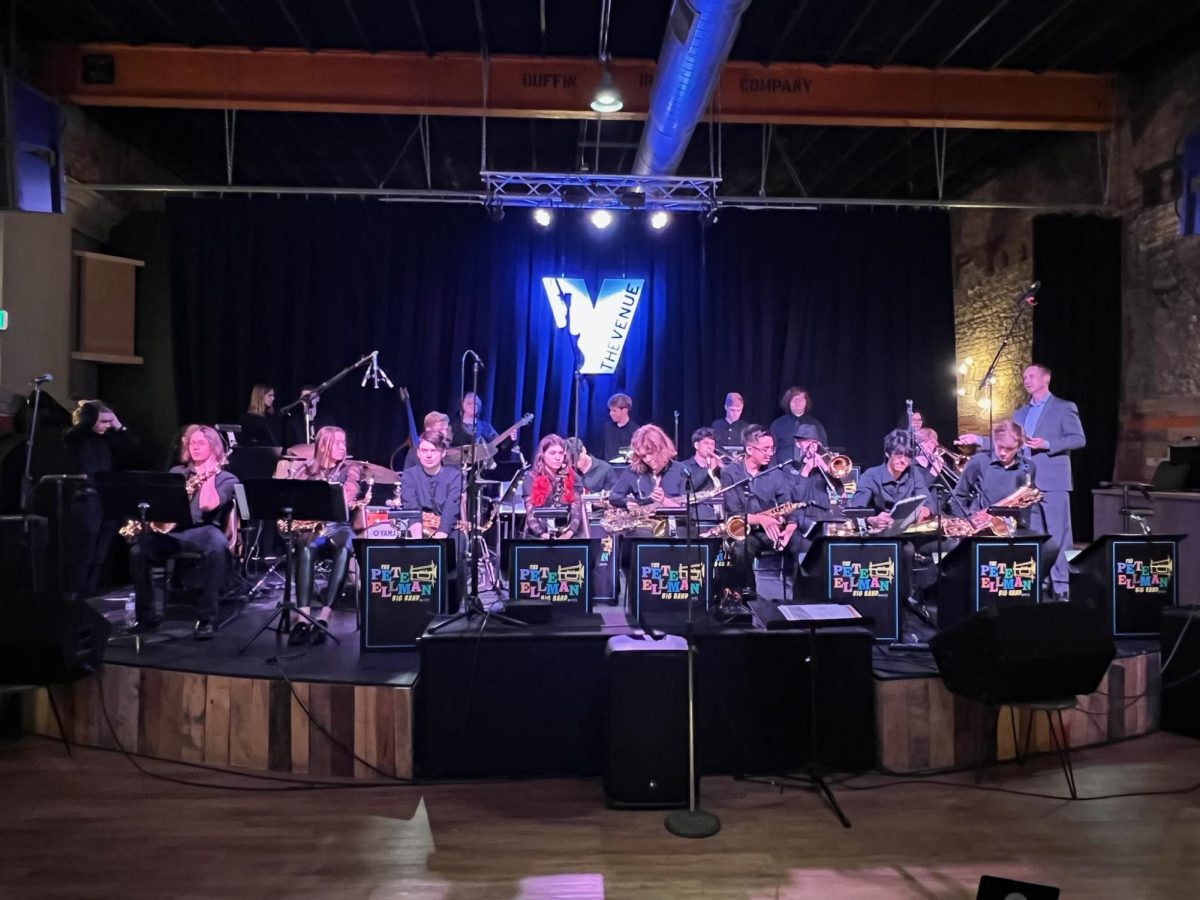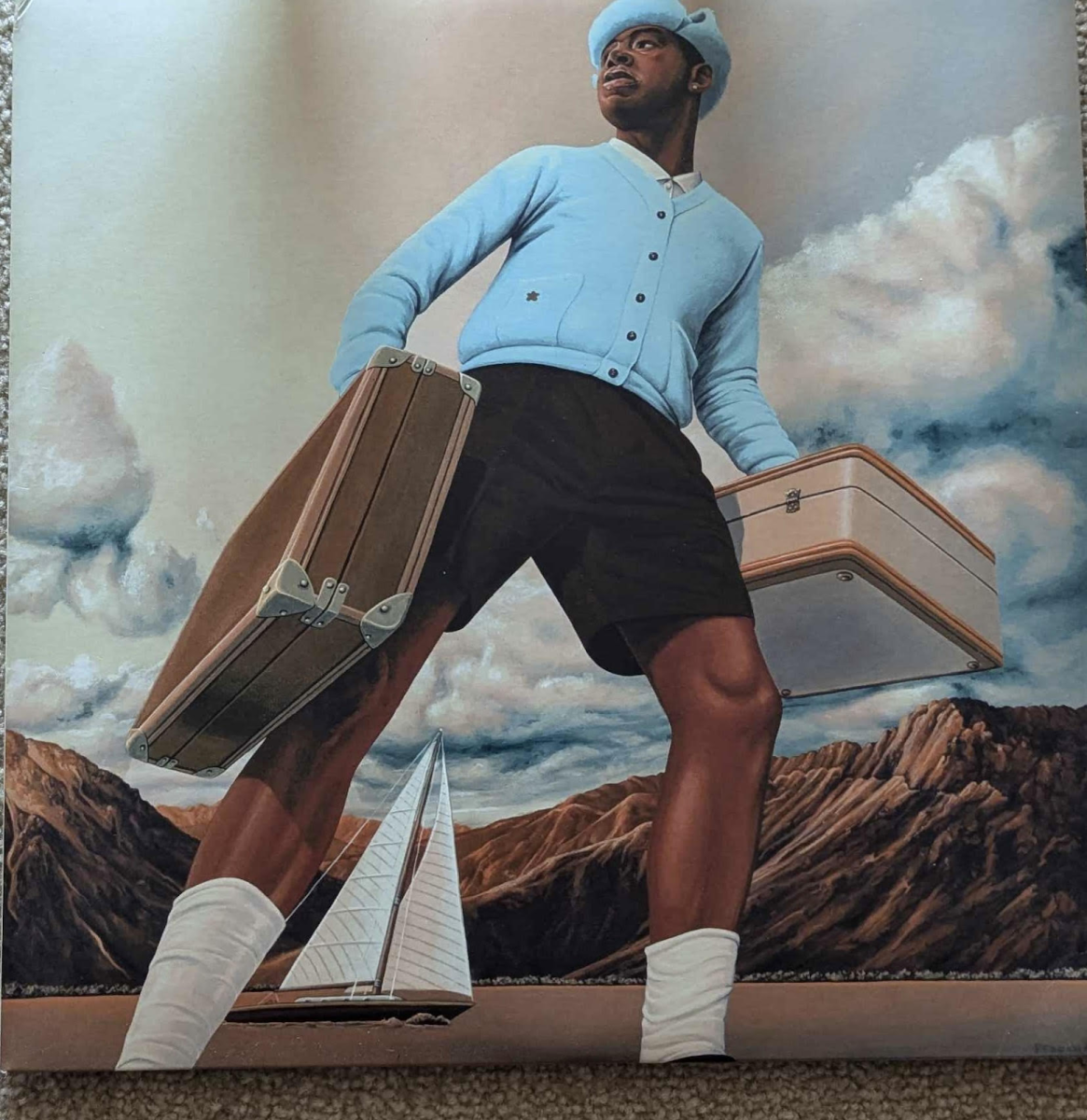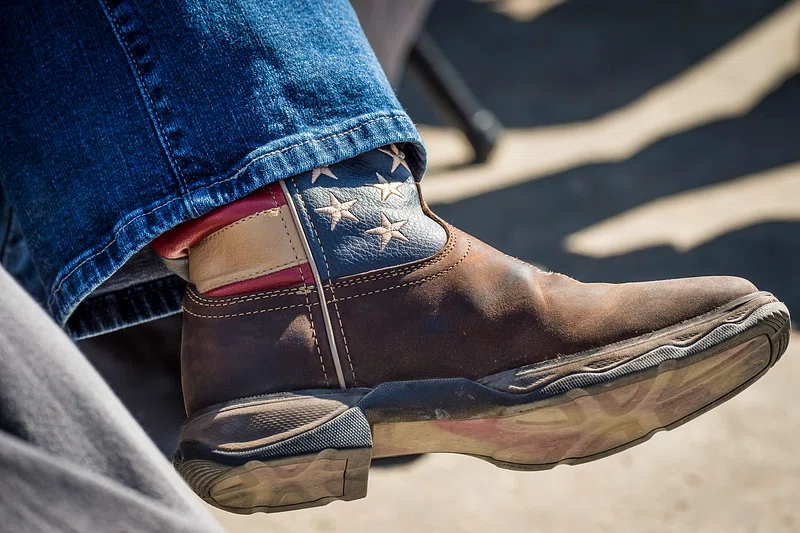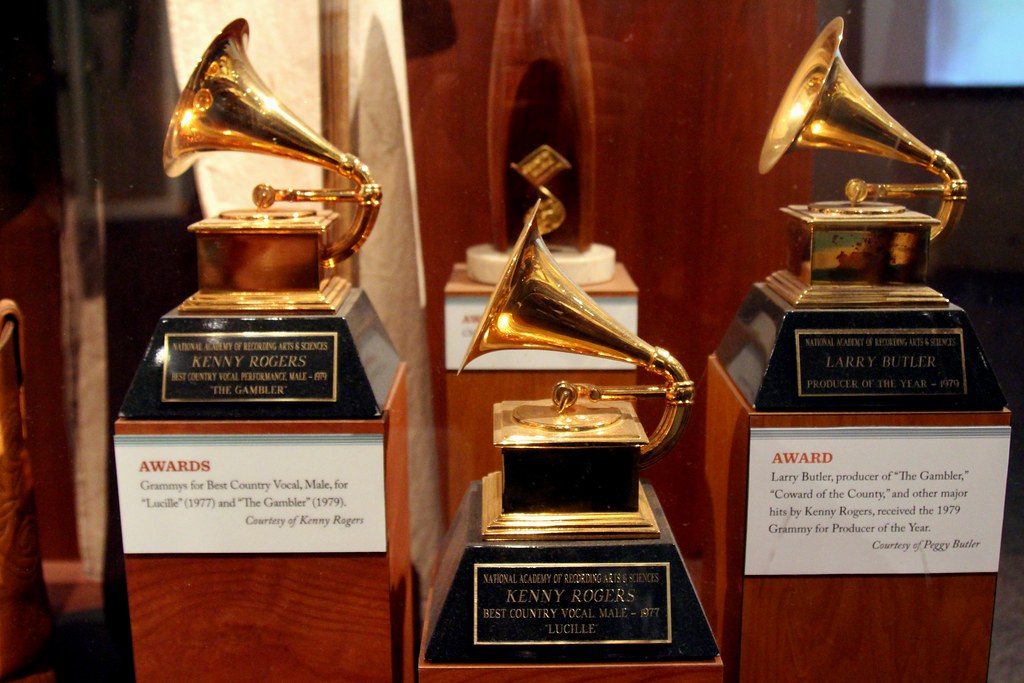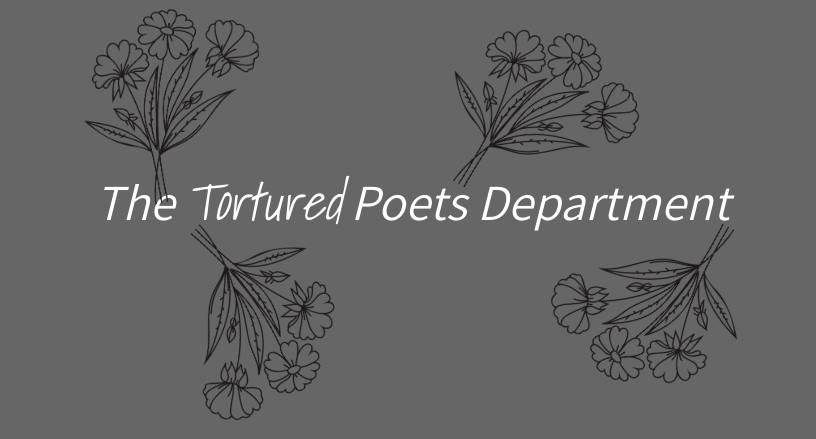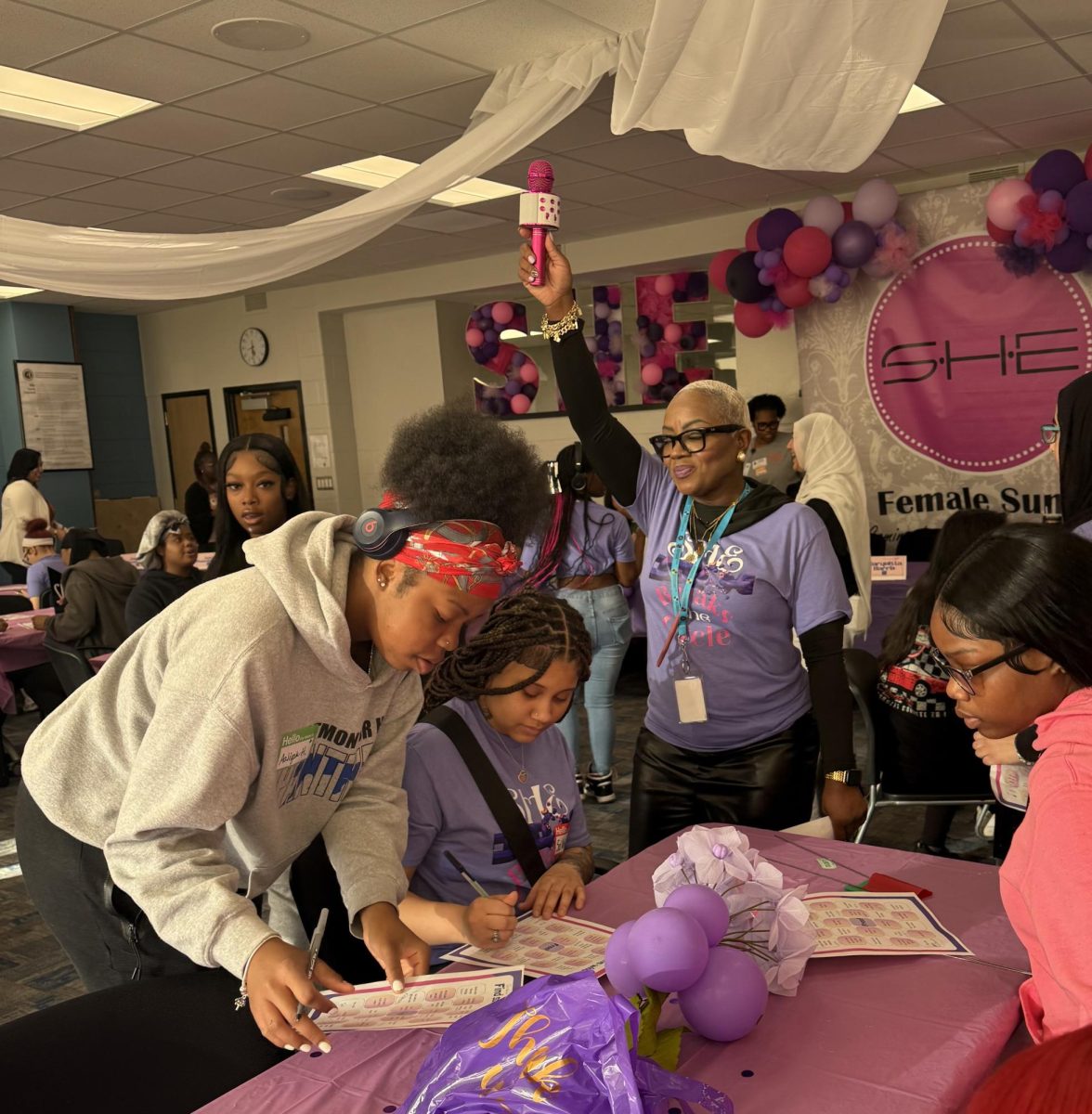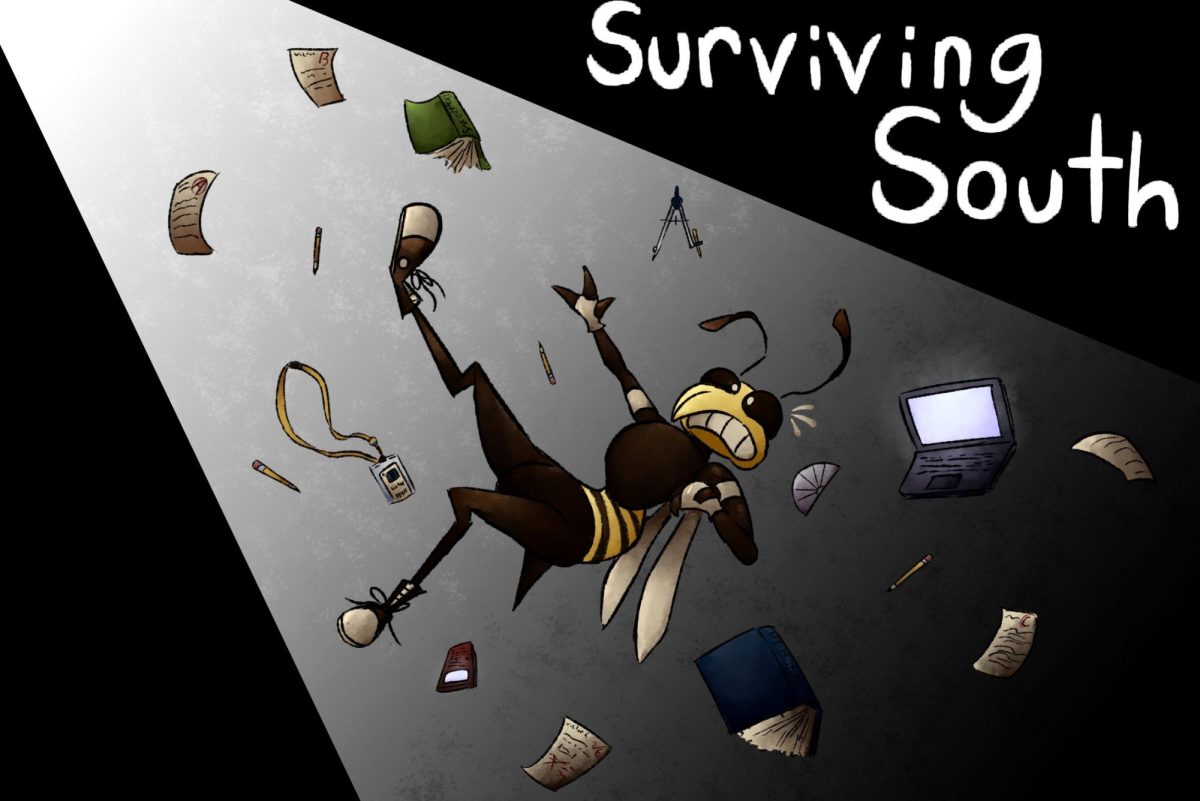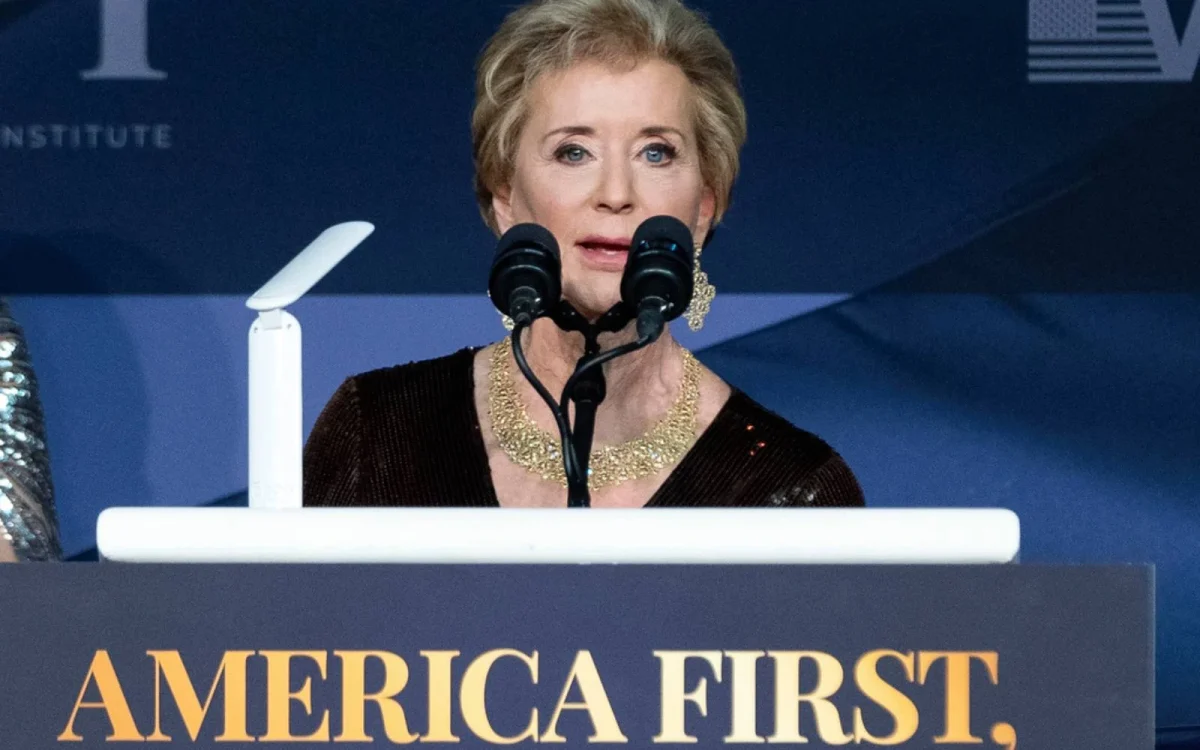When you think of “Black music”, what comes to mind? Rhythm and Blues? Hip-hop? Rap? While these are all fundamentally Black genres, African Americans have made great contributions to various other areas of music, including but not limited to the following.
1. Funk
Although funk is definitely far more entwined with African-American history than the other genres on this list, its popularity at large and particularly in the Black community has subsided with the rise of hip-hop and neo-soul.
Riding on the backs of syncopated bass and drum lines, the genre was born from styles of jazz improvisation born in the 1950s. The use of the label “funk”, itself, provides a juxtaposition between the tragedy of the African-American struggle and the vibrance of Black joy highlighted in a style heavily geared towards dance. Since the late 1960s, Black artists have expressed themselves through funk, which went on to inspire previous jazz greats, disco in the 1970s, and the rhythmic basis of ‘90s hip-hop.
Artists to Listen to: Chaka Khan, Anderson. Paak, and James Brown
2. Musical Theater
The bright sound most associated with musical theater singing, particularly in the 21st century, does not always make space for the earthy, rich tones more typically attributed to Black voices, but in a Broadway League 2022-2023 report, 5.3% of audiences identified as Black.
Further, with recent transitions from the stage to screen becoming avidly popular, the 2023 rendition of The Color Purple, a story historically significant to the African-American community, broke records last Christmas. Its release was the second-highest U.S. opening day on Christmas Day of all time. In theaters, various shows like The Color Purple have been written for the purpose of amplifying Black voices and artists. Still, various organizations continue to work for greater Black representation and participation in the New York theater scene.
Soundtracks to Listen to: The Wiz, The Color Purple, and Dreamgirls
3. Rock
When most people think about rock music, Black faces do not pop up. An interesting situation considering many early rock musicians, like Elvis Presley, were inspired by and worked alongside Black artists who pioneered the use of the blues and electric guitar in popular music. Later, in the late ‘60s, as Rock n’ Roll developed into the now familiar rebellious genre we know today, this transformation was driven by quintessential electric guitarist and songwriter Jimi Hendrix, who once lit a guitar on fire on stage during a Monterey Pop Festival 1967 performance of his song “Fire”.
Ultimately, while “…rock music has its roots in African American culture, it became dominated by white producers and consumers in the mid-1950s because of, among other things, a reluctance of the commercial music industry to sell ‘Black’ cultural products to white audiences in a period of institutionalized racial segregation,” according to Julian Schaap and Pauwke Berkers, authors of “‘You’re Not Supposed to Be into Rock Music’: Authenticity Maneuvering in a White Configuration.”
Artists to Listen to: Sister Rosetta Tharpe, Tina Turner, Jimi Hendrix, and/or the Jimi Hendrix Experience
4. Country
One of the most fundamentally American musical genres popular today, country music is very rarely attributed to Black musicians, yet the style was largely adopted by White artists from Black guitarists and banjo players. Similar to the industrial relabelling of rock as a “White” genre, many early country songs were likely adopted from Black musical traditions, including slave spirituals and religious hymns. In fact, the banjo, a quintessential part of the stylistic twang country often achieves, descended from West African lutes.
Today, although in the minority, Black country performers have recently gained more and more popularity, as most recently seen in the 2024 GRAMMY nomination of The War and Treaty, an African-American husband-and-wife duo blending folk and country music, for Best New Artist.
Artists to Listen to: Tracy Chapman, Charlie Pride, and Mickey Guyton
5. Classical
Especially given its decline in modern popularity, when most people think of classical music, they think of dead White males. Historically, it’s definitely not known as a particularly diverse genre.
However, especially as African-Americans gained access to increased freedom following the dawn of the 20th century, various Black composers, oftentimes fighting against racism and isolation, have made great contributions to contemporary classical music. And they continue to do so. This includes the “dean of Afro-American composers”, William Grant Still, and Scott Joplin who, despite his best efforts to be taken seriously for larger works, is incredibly famous for his contributions to ragtime. Joplin’s legacy, in particular, lives on in “The Entertainer”, a rag some may even recognize from the music played by ice cream trucks.
Composers to Listen to: Florence Price, Scott Joplin, and Joseph Bologne, and Chevalier de Saint-Georges

